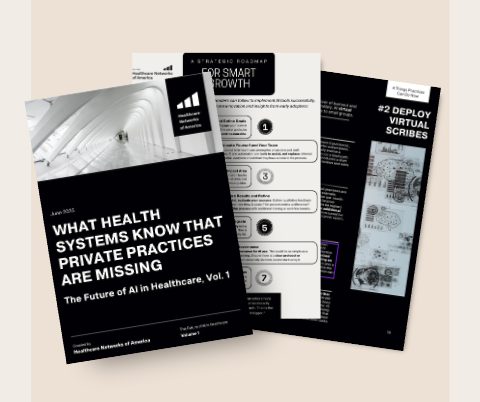Hello, I am Fred Roh,
CEO of Healthcare Networks of America. Since 1993, we’ve partnered with thousands of physicians with one mission: to protect and elevate private practice medicine.
Today, that mission includes helping doctors harness the power of AI. That’s why we launched The Future of AI in Healthcare — a digital magazine designed to bring physicians the insights, tools, and breakthroughs shaping the next era of medicine.
At HNA, we believe independent practices deserve access to the same cutting-edge innovation as the largest health systems — and we’re here to make that happen.
Also, check out our Healthcare Ai Index. It has the top Ai companies in Healthcare and why you should care about them.

.png)
.png)
.png)
.png)
.png)
.png)

.png)
.png)
.png)
.png)
.png)
.png)
.png)



.png)
.png)
.png)
.png)

